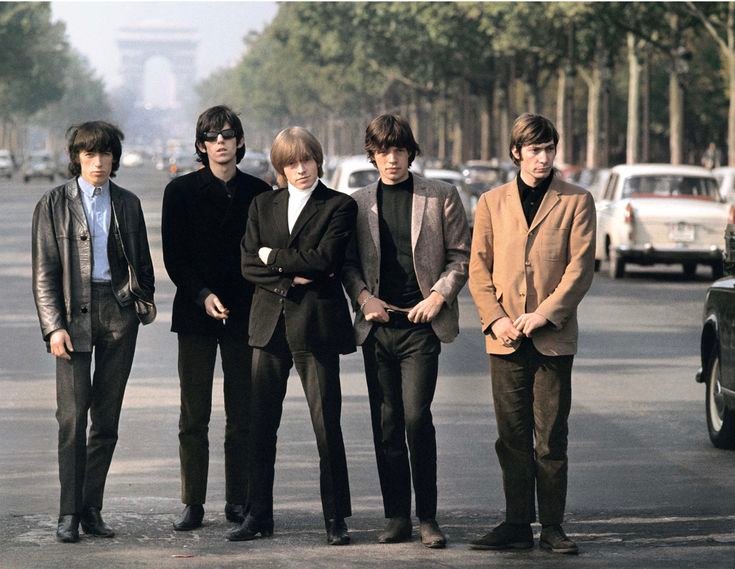In Britain, we are well known for a society built on keeping calm and carrying on, maintaining a stiff upper lip and generally being crippled by humility and manners. It seems odd then that musically, through the British invasion, we helped light the flame of societal chaos and liberation.
American blues rumbled on through the 1950s, quietly shifting the ground upon which society walked on but still appeasing to the conservative ideals of the post-war American world. But with every Elvis knee quiver, the tide slowly changed, and the new generation of youthful music fans was ready to ignite into chaos.
The spark was provided by the otherwise mild-mannered Britain, who, despite all of their societal sensibilities, created musical characters who existed outside the realms of normality, ones willing to operate in the darkness and rebel against expectations. And The Rolling Stones certainly fit that mould, with their vibrant performative style, overtly risqué lyrics and penchant for criminal behaviour off stage. They were all the things the parents hated and everything the kids loved.
But their ability to capture that zeitgeist came from an intense study of what came before. Mick Jagger closely watched the musical leadership of James Brown, while his melodic partner Keith Richards perfected the blues licks that made Chuck Berry so adored in the States. But it was the work of Little Richard in particular that unified the pair, providing them the blueprint of not only how to write songs, but to perform them.
“When we were on tour with him, I would watch his moves every night and learn from him how to entertain and involve the audience, and he was always so generous with advice to me,” Mick Jagger said, adding, “I couldn’t believe the power of Little Richard on stage. He was amazing… Nobody could beat Little Richard’s stage act. Little Richard is the originator and my first idol.”
While Richards is generally keen to contrast Jagger’s views, he simply couldn’t help but cede and admit, “The most exciting moment of my life was appearing on the same stage as Little Richard”.
While Jagger and Richards may be the de facto leaders of the band, an instinctual love for Little Richard extended beyond the pair and became somewhat of a prerequisite for anyone involved in the melody section of the band. Their original guitarist, Brian Jones, had helped create the band and led them down a path of Little Richard-style blues covers, while his later replacement, Ronnie Wood, admired Little Richard so much that he sketched a portrait of the singer that eventually went to market.
However, it was the warring tension of The Rolling Stones that ultimately made them so brilliant. Richard and Jagger were unfiltered extroverts who provided the chaotic colour in the band’s discography, which was always beautifully offset by the technical craft of the rhythm section. The band’s drummer, Charlie Watts, was steeped in jazz influences and so rarely shared the same enthusiasm for all-out blues as his counterparts did.
So when it came to Little Richard, Chuck Berry or any of the other rock and roll titans his frontmen fawned over, Watts simply couldn’t relate. “[On our first American tour] I went to every single jazz club. I remember going to Birdland and seeing Charlie Mingus with his 13-piece orchestra. That to me was America—the rest I didn’t give a shit about.”
While their individual characteristics make it hard to truly pinpoint one artist the band all communally admired, we can safely say that without the entirety of 1950s American music, The Rolling Stones wouldn’t exist.
https://www.youtube.com/channel/UCNYhhkQqeFLUc-YEDcLpSYQ
